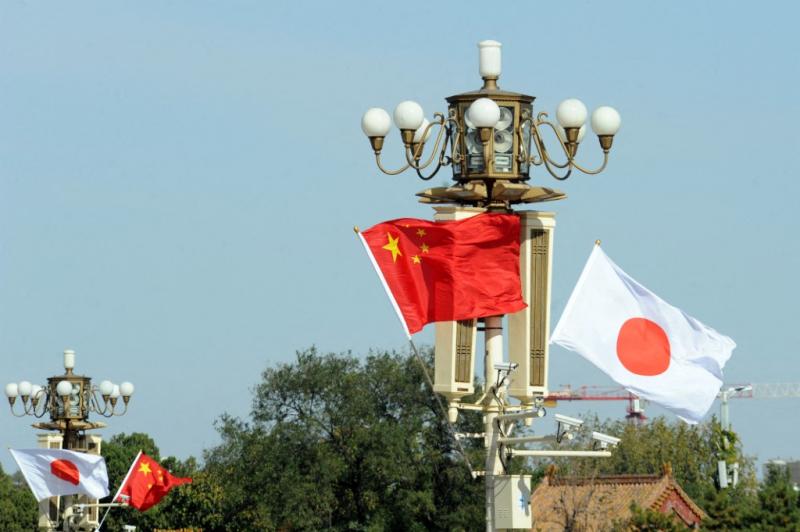Lebanon does not suffer from a shortage of natural water resources as much as it suffers from the absence of sustainable management. A country long known for its abundance of springs, rivers, and groundwater now finds itself at the heart of a silently worsening water crisis — one whose consequences affect children’s lives and health before any other group. It is a crisis that may not be immediately visible, yet its impact is unmistakable in the deterioration of sanitary and nutritional conditions, the mounting economic pressures on families, and the fragility of an infrastructure that no longer meets the needs of the time.
Dominique Porteaud, Chief of Water, Sanitation, and Hygiene at UNICEF, describes the crisis as “entirely solvable,” provided political will, national planning, and oversight exist. He believes that the way out begins with adopting a national strategy that addresses the massive waste of resources, reorganizes groundwater extraction, and establishes an effective monitoring system capable of protecting the country’s water wealth from depletion. The problem, he stresses, is not water scarcity — it is mismanagement and the absence of long-term scientific planning.
Environmental policy expert Dr. Sami Ibrahim echoes this assessment, adding that Lebanon is today experiencing a critical moment in the history of its water resources — a moment where water has shifted from a basic right to a commodity governed by chaos. He notes that the crisis is not the result of a sudden event, but of decades of neglect, lack of vision, and fragmented authority among multiple administrations, each working in isolation from the others. This institutional fragmentation has stripped the water sector of any unified governance.
Climate change has added layers of complexity to the crisis. Irregular and declining rainfall and snowfall have directly affected the recharge of aquifers and the flow of natural springs. But nature is only a small part of the problem. The greater share lies in a decaying infrastructure and deteriorating distribution networks plagued by extensive leakages, compounded by widespread illegal connections that drain water supplies and further undermine the state’s already limited capacity to manage and collect revenues.
In addition, thousands of unlicensed wells — particularly in the agricultural sector — are depleting groundwater with no scientific monitoring or legal regulation. Experts acknowledge that the absence of accurate data on the volume of these resources prevents the development of realistic plans or effective policies. Meanwhile, weak revenue collection and lack of accountability exacerbate the problem of violations and uncontrolled water consumption, while wastewater treatment projects stall due to lack of funding, despite being one of the few viable solutions for reusing water in agriculture.
The crisis has a direct impact on communities, especially children, the most vulnerable group. Drought and declining water resources have led to a drop in agricultural production by nearly 70% this year, driving up food costs and putting additional strain on families. Water contamination threatens children’s health and increases diseases linked to the lack of clean water, at a time when children require a safe water environment to ensure proper nutrition, health, learning, and growth.
This is not merely a current emergency — it is a crisis that threatens the future. Failure to manage water resources today means compromising water security in the years to come, exposing future generations to multiplied risks. Water is not just a natural resource; it is a cornerstone of social, health, and economic stability. Without a scientific national vision, courageous decision-making, and investment in infrastructure, Lebanon will remain trapped in a cycle of waste and deterioration — and children will continue to be the first and most affected victims.
Ensuring children’s right to safe water is not a developmental luxury — it is a national responsibility on which the health of the entire society, the protection of its future, and the sustainability of its resources depend. And the crisis, no matter how complex it may seem, is not insurmountable. The solutions exist… but they require management, vision, and political will.
Please post your comments on:
[email protected]
 Politics
Politics













